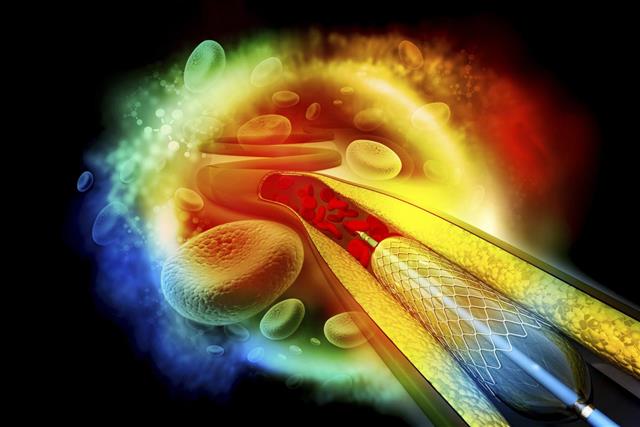
A lifesaving treatment, heart stents can give rise to problems in case of failure or misplacement. It is essential to identify the signs of heart stent complications, so that unwanted effects can be prevented
Thanks to major developments in the field of medical science, the intensity of many life-threatening diseases can be brought under control. Complicated diseases like heart problems can be treated effectively these days. Suffering from cardiovascular diseases can pose a risk to the health and life of an individual. The heart may be affected due to angina, blocked arteries, or weak cardiac muscles, all of which are not good for the health of this vital organ. In case there is complete arterial blockage, which results due to the accumulation of plaque, blood circulation can be affected and the person may suffer from a stroke or heart attack. In order to prevent this disorder, there are many medical procedures. One among them is heart stent or cardiac stent surgery, which involves the placement of stents in the damaged artery. Even though this surgical procedure has a high success rate, there are a few risk factors associated with it.
Heart Stent – Procedure
In the heart stent surgery, the doctor places a mesh or a tube in the arteries to clear the blockage and keep them open for the effortless passage of blood. The metal fabric also aids in supporting the structure of the arteries. The stents or metal fabric may also have a coating of medication to prevent the recurrence of atherosclerosis. Before the surgery, the doctor may advice the patient to follow diet restrictions, taking medications at proper timing etc. The severity of the problem is diagnosed with the help of a series of tests which may reveal the intensity of the blockage.
A coronary angiogram is a diagnostic test, which maps the blood vessels to check out for signs of damage or blockage. This imaging also helps locate the narrowing of the arteries. Done under local anesthesia, a catheter is inserted in the arm, groin or leg and a dye is injected. The dye helps detect the arterial blockage and once the diagnostic tests are carried out, the doctor may proceed towards surgery. During the surgery, which is done under general anesthesia, an angioplasty balloon is inserted into the body through a catheter. The balloon is inflated to open up the blockage and a stent is inserted in place to keep the artery from closing again. Once the stent has been placed the balloon is removed and the site is closed with the help of sutures.
Heat Stent Problems and Complications
The cardiac stent is placed in the blood vessels under close monitoring and the surgery is only performed by specialists. This makes it at a reduced risk of contracting problems. However a few heart stent complications have been reported, which may arise when the body rejects the stent as a foreign object or there is an internal injury.
- There are chances that the person may develop blood clots in the arteries, especially at the site of stent insertion. This can pose a risk and may require immediate treatment, lest it leads to further emergency. In such a case, blood thinners and anti-inflammatory drugs are prescribed.
- Sometimes the plaque may spread through the circulatory system and get lodged in the brain, blocking the nerves. This can lead to stroke, also referred to as cerebral vascular accident. The person may suffer from slurry speech, confusion and weakness etc.
- There is also a risk of coronary dissection, where the stent may cause a minor tear in the artery. A torn artery can leak blood into the heart, which can give rise to medical emergency. A cardiac surgery may be required to correct the problem.
- Surgical wound infection has also been reported. Since this is an invasive procedure, the wound needs to protected from getting infected. Signs of infection may include pain, reddening of the skin around the site, formation of pus, fever and chest discomfort etc.
- The dye used in angiogram may also cause problems. The radio opaque dye, which may be remaining in the body, can cause allergic reactions which in turn may impair the functioning of the kidneys, thereby leading to renal failure.
- There are also high chances that the coronary arteries may get blocked again due to the deposits of collagen in the blood vessels. This condition is referred to as restenosis and may restrict blood flow to the heart, resulting in organ failure.
In order to prevent these problems, it is necessary to exercise precautionary measures as suggested by the health care provider, after the surgery.




